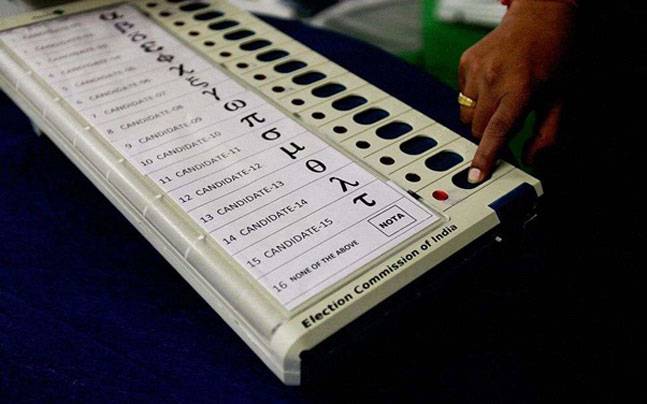Fake signatures in Bihar voter list revision stir Supreme Court; voters fear targeted removals and electoral injustice.

Bihar has once again found itself at the center of a political storm. This time, it’s over the revision of the state’s electoral roll—a seemingly routine administrative process that has now snowballed into a major controversy. What began as a bureaucratic clean-up of outdated names on the voter list has spiraled into allegations of voter suppression, fake documentation, and selective targeting of the poor and marginalized.
The issue became so significant that it reached the Supreme Court of India, a rare escalation for what is usually a local administrative affair. According to reports and legal documents, one side claims that the revision is simply an essential step to weed out names of voters who have either passed away or permanently migrated. This is considered a standard practice in every electoral cycle to ensure accurate representation and reduce the chances of fraud.
But here’s where the real problem begins.
Opponents of this revision exercise have raised serious accusations—saying that the entire process is a cover-up for cutting off the poor and underprivileged sections from the electoral process. In particular, there are allegations that fake signatures are being used in voter deletion forms, and voters—many of whom are illiterate or unaware of their rights—are being quietly erased from the rolls without their knowledge.
If these claims are true, they suggest not just a bureaucratic failure but a deliberate political move. The removal of these voters can change the outcome in local constituencies, and possibly even swing entire elections. These concerns are now being seriously considered at the national level, as the Supreme Court has asked for detailed explanations and documentation from the authorities involved.
In Bihar’s villages and semi-urban areas, the anxiety is growing. Social workers and journalists on the ground are reporting that many voters, especially from weaker sections—such as Dalits, laborers, and migrant families—are either missing from the list or have received notices about deletions without any proper verification.
The pattern appears troubling. In multiple districts, groups of people with similar backgrounds seem to have been removed en masse. While the Election Commission insists that the deletions were done following proper field verification, testimonies from locals suggest otherwise. Some have alleged that forms were forged or filled out without their consent, while others claim that no field officers even visited their homes.
The issue has become more than just about names on a list—it’s now a matter of trust in the democratic process.
Electoral rolls are the foundation of any democracy. If the authenticity of that list comes under question, the entire voting process loses credibility. Even a few percentage points of tampering can significantly alter outcomes in closely contested seats, and in a state like Bihar where caste and regional politics dominate, every vote matters.
Opposition leaders in Bihar have seized upon the issue, accusing the state government and local officials of orchestrating a “silent purge” of unfavorable voters. They argue that this is not just about clean-up, but about pre-decided political gains. On the other hand, ruling party leaders defend the action, saying it is part of their duty to keep the voter rolls clean and accurate, and that anyone opposing it is simply creating drama to distract from governance issues.
But beyond the politics, the people of Bihar are stuck in the middle. Many who turned up for voter list verification say they were either turned away or told their names had already been struck off. For daily-wage workers, traveling to a government office multiple times just to get back a constitutional right isn’t easy. Add to that the complicated paperwork, verification documents, and lack of awareness—and the system becomes a maze.
This whole episode has also sparked debate nationwide. If it’s happening in Bihar today, could it happen elsewhere tomorrow? Is voter list revision becoming a backdoor tool to manipulate electoral outcomes? These are questions citizens and watchdogs are now beginning to ask seriously.
The Supreme Court, for now, has not passed any strict order, but its involvement has put pressure on the Election Commission to take transparency more seriously. More detailed verification, community outreach, and third-party audits of the voter deletion forms are now being considered as possible solutions.
What’s certain is that Bihar’s voter list revision is no longer just an administrative affair—it has turned into a political battleground. And at the center of this storm are ordinary citizens, who just want to cast their vote without fear, manipulation, or suppression.
This story is still developing. The court is yet to give its final verdict, but its intervention has already brought this issue into the national spotlight. As the 2024 general elections inch closer, what happens in Bihar might set the tone for similar revisions across the country.

